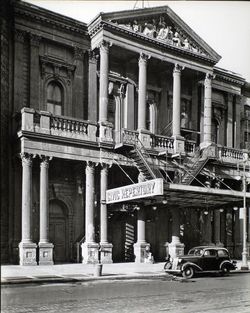 The legendary, lesbian-powered Civic Rep
The legendary, lesbian-powered Civic Rep 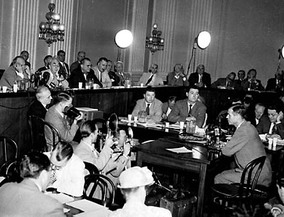 The HUAC boys' club
The HUAC boys' club As a footnote, Hallie Flanagan took over the Federal Theatre Project, and sure enough, it was the first program to be witch-hunted by political enemies of the New Deal. She was called to testify before the infamous House Un-American Activities Committee. At the end of her life Hallie developed dementia, and sadly, she would relive this nightmare over and over, wandering the halls of the nursing home and still defending herself against hallucinatory interrogators from these hearings.
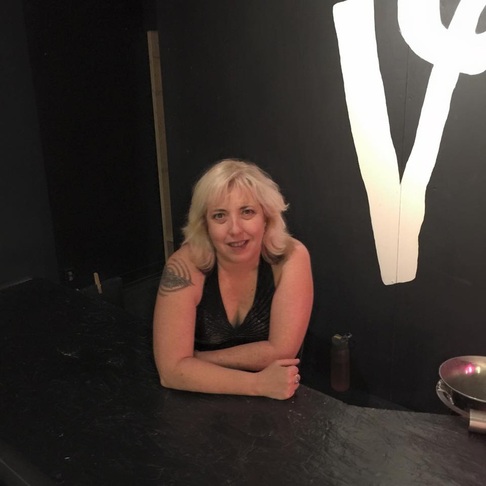 Deb Randall, Founder and Artistic Director of Venus
Deb Randall, Founder and Artistic Director of Venus 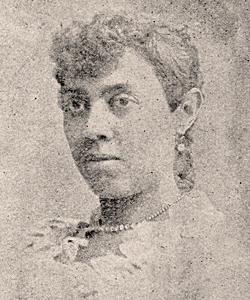 Henrietta Vinton Davis
Henrietta Vinton Davis Henrietta did not want to participate in these forms. Instead, she went out on the road solo, performing monologues from Shakespeare and poems by Paul Lawrence Dunbar. The last African American Shakespeare theatre in New York had been burned to the ground by racists, and the actors who founded it had fled to London. There were no African American companies performing serious work.
Henrietta’s career was spent touring to cities where she could not stay in the hotels or eat in the restaurants. She had to endure reviewers who never failed to make mention of the shade of her skin color, the lightness of it being considered an endorsement as important as her acting talent.
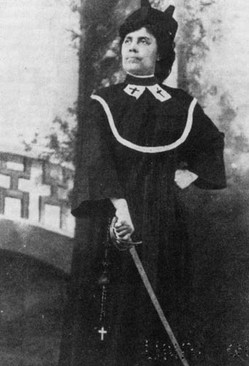 Henrietta in a cross-dressing role
Henrietta in a cross-dressing role Deb Randall, like Henrietta and Eva, has turned away from the popular theatre of her time, because it supports a dominant culture that degrades people of color and women. She cultivates the artists who are working to subvert that dominant narrative… and she pays the price of marginalization and isolation. Like Henrietta, Deb and her work are considered an anomaly. Women of the 21st century, like African Americans in the late 19th century, have not achieved enough financial or cultural autonomy to demand and create our own narratives and forms. It was enough for Blacks in the 1880's to perform in the minstrel shows that were so reassuring to and so well-remunerated by their oppressors. And for many women today, it is enough to perform the princess/whore stereotyped roles that are so reassuring to and so well-remunerated by the patriarchy. It takes a room of one’s own, a theatre of one’s own, an audience of one’s own, to decolonize the imagination, and Eva, Henrietta, and Deb understood this.
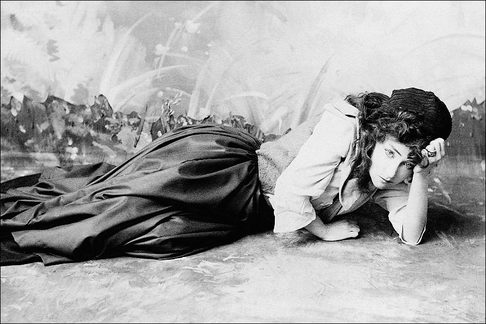 Minnie Maddern Fiske
Minnie Maddern Fiske Deb Randall and Venus Theatre are in a long and proud tradition of feminist pioneers who refused to compromise themselves or their art. And the price we pay for this integrity is tremendous.
I am so proud to have received Venus Theatre’s first Lifelong Achievement Award, and I am very proud to have had thirteen of my plays read or produced by Venus. Gertrude Stein was once asked what artists need most, and she answered “appreciation.” We don’t need criticism. Subsidy is nice, but it’s not essential. What we need is appreciation, and this is what Venus Theatre offers. Appreciation. And it is mutual: Thank you, Deb, and thank you, Venus!
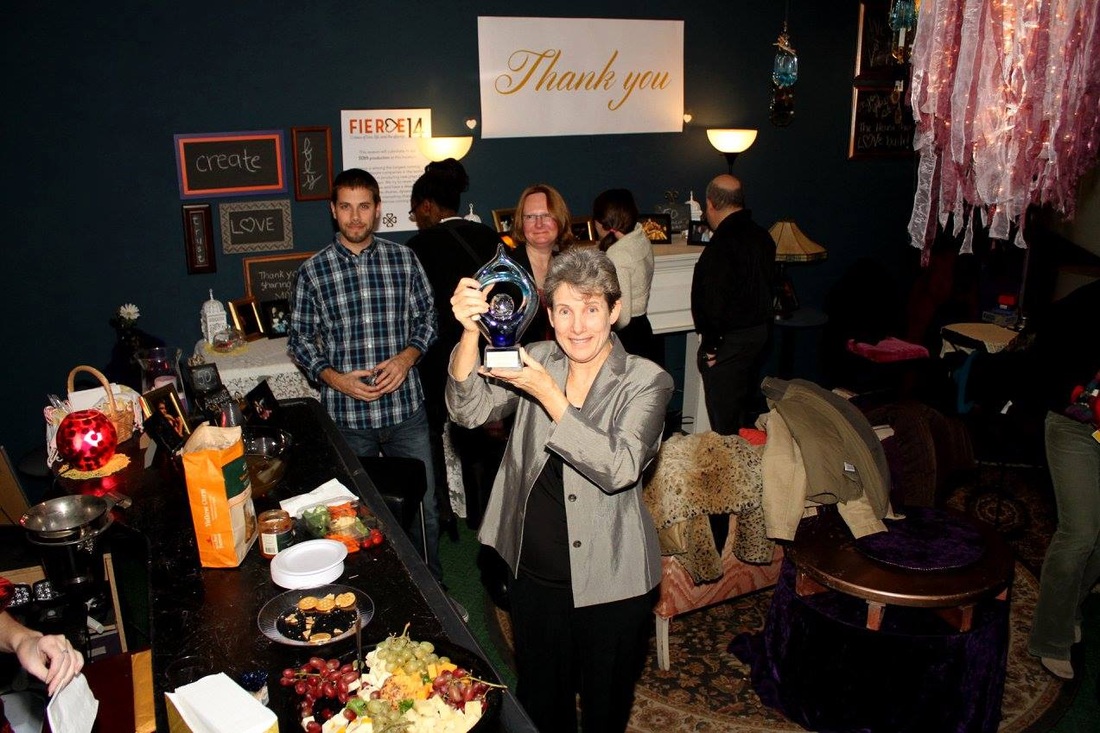
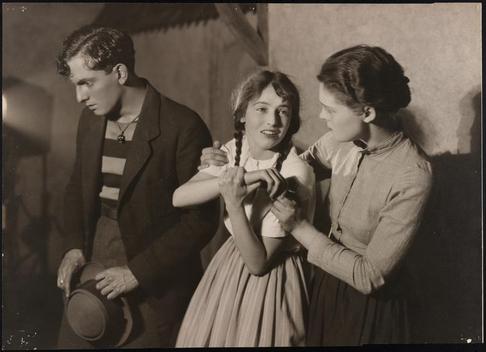
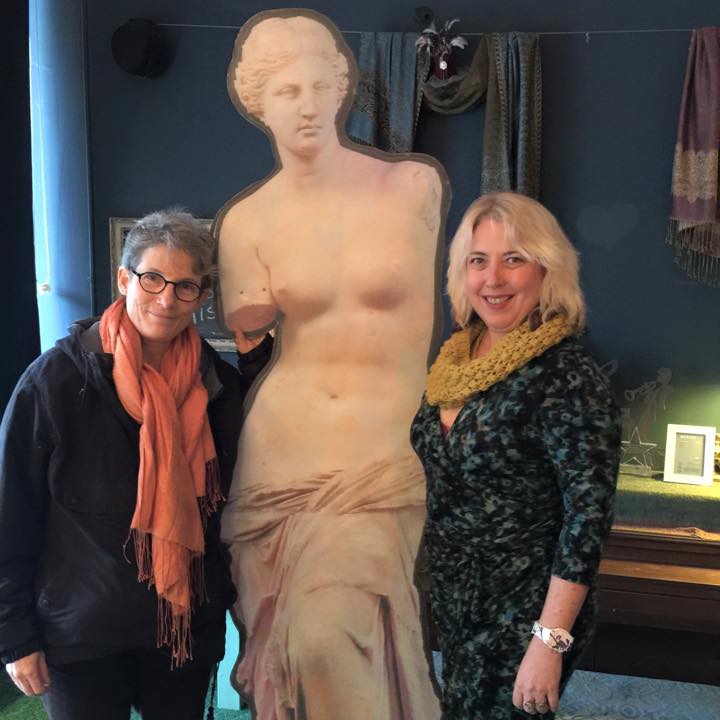

 RSS Feed
RSS Feed
